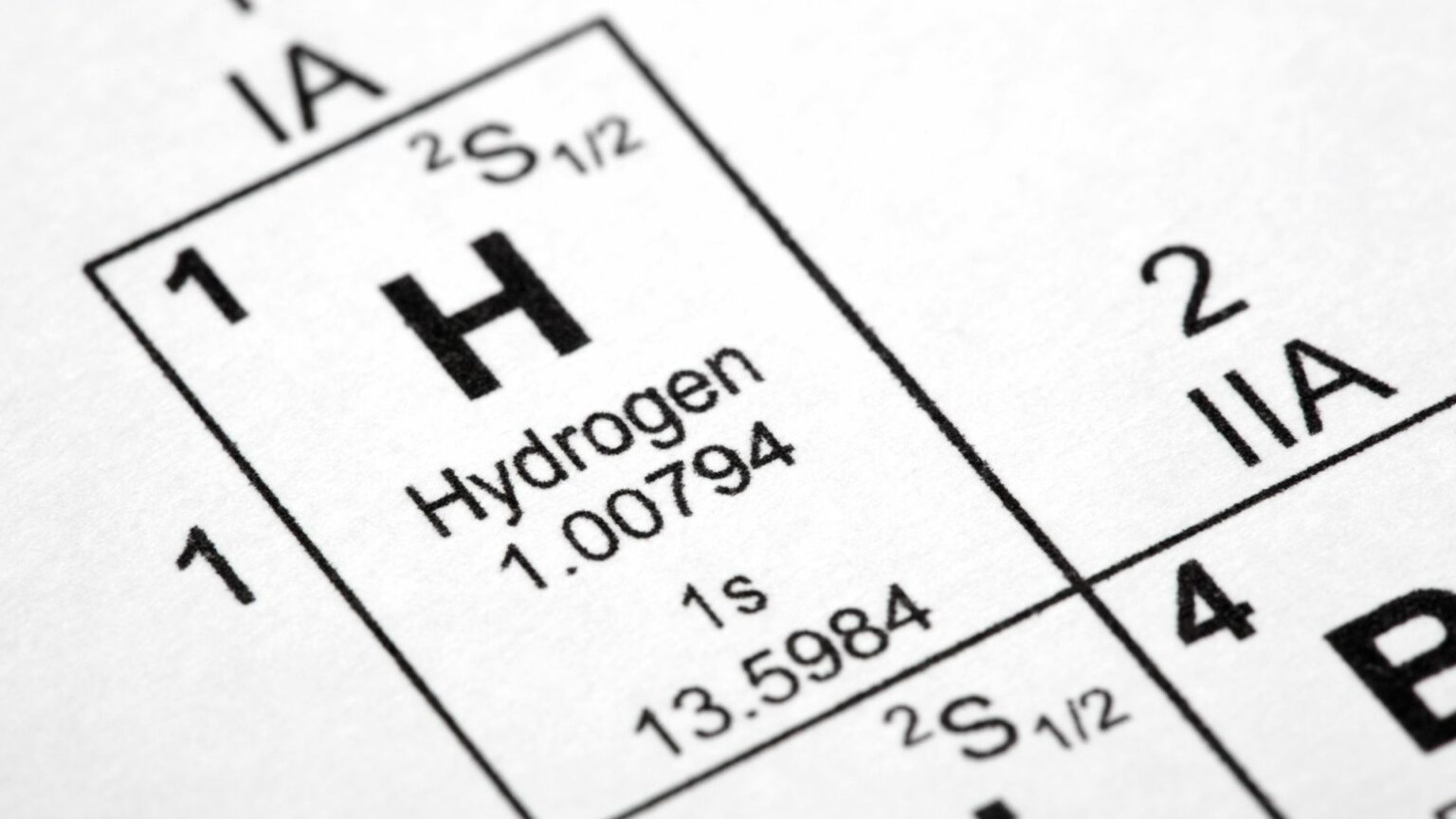Avina Clean Hydrogen has chosen KBR’s PureSAF technology for its upcoming project in the United States.
PureSAF, developed by Swedish Biofuels and licensed globally by KBR, is promoted as an advanced technology capable of producing jet fuel that is compatible with conventional aviation fuel. The process is versatile, converting feedstocks such as ethanol, mixed alcohols, carbon dioxide, and synthesis gas into SAF. The project aims to produce 120 million gallons of SAF per year—a substantial figure that signals ambition. However, the technology itself is not without scrutiny.
The aviation industry has seen numerous claims of breakthroughs in SAF technologies, yet the question remains whether PureSAF offers something genuinely new or merely repackages existing methods. The promise of using diverse feedstocks, including captured carbon, is noteworthy. Still, the real challenge lies in the scalability and cost-effectiveness of such technologies compared to more established, albeit less sustainable, fuel options.
While KBR’s involvement lends credibility to the project, the broader industry impact of this initiative remains uncertain. Producing 120 million gallons of SAF annually is a commendable target, but it falls short of the scale needed to make a significant dent in the aviation sector’s carbon footprint. Furthermore, the reliance on existing feedstocks like ethanol may limit the project’s environmental benefits, given the controversies surrounding ethanol production’s sustainability.
